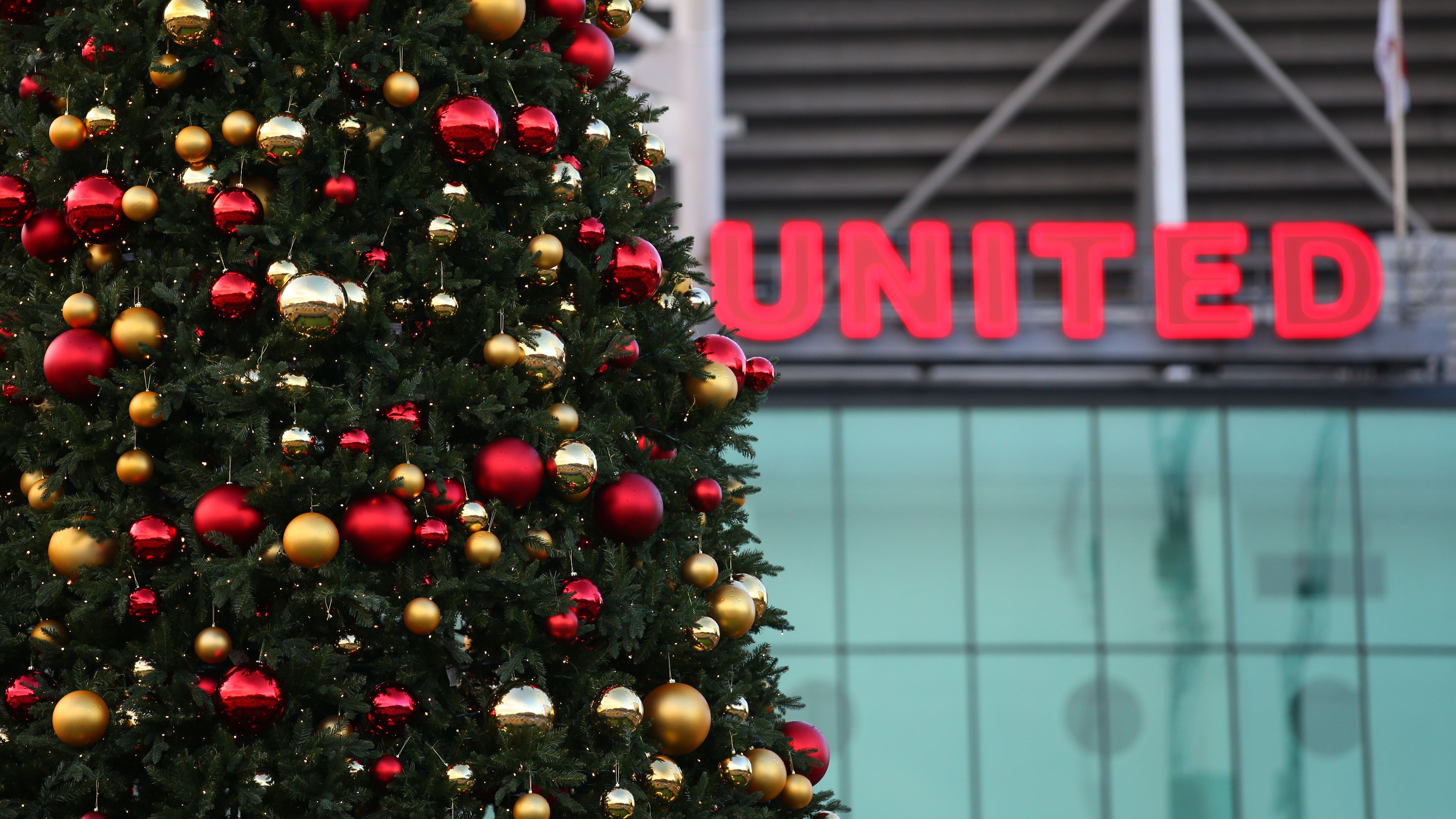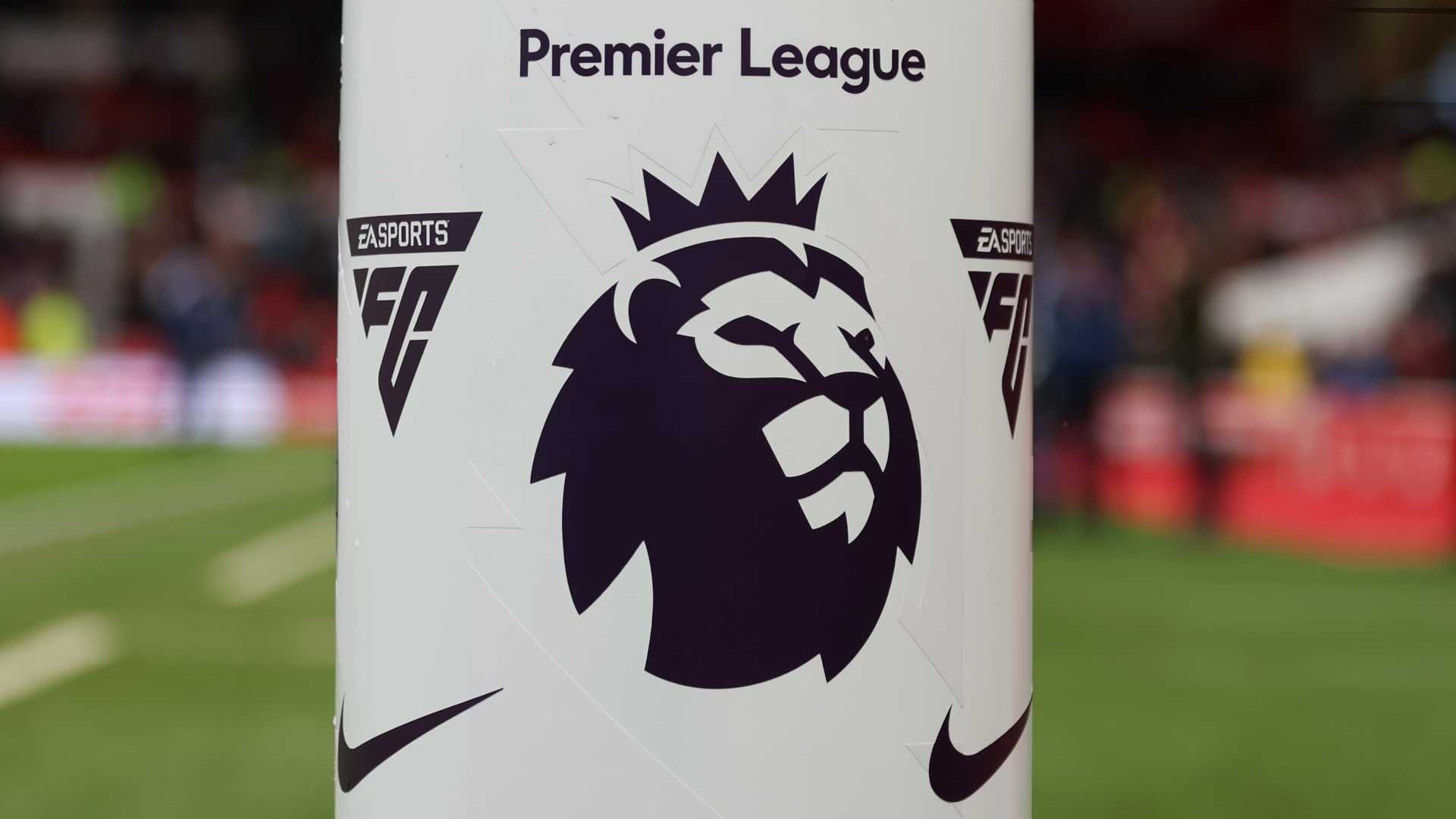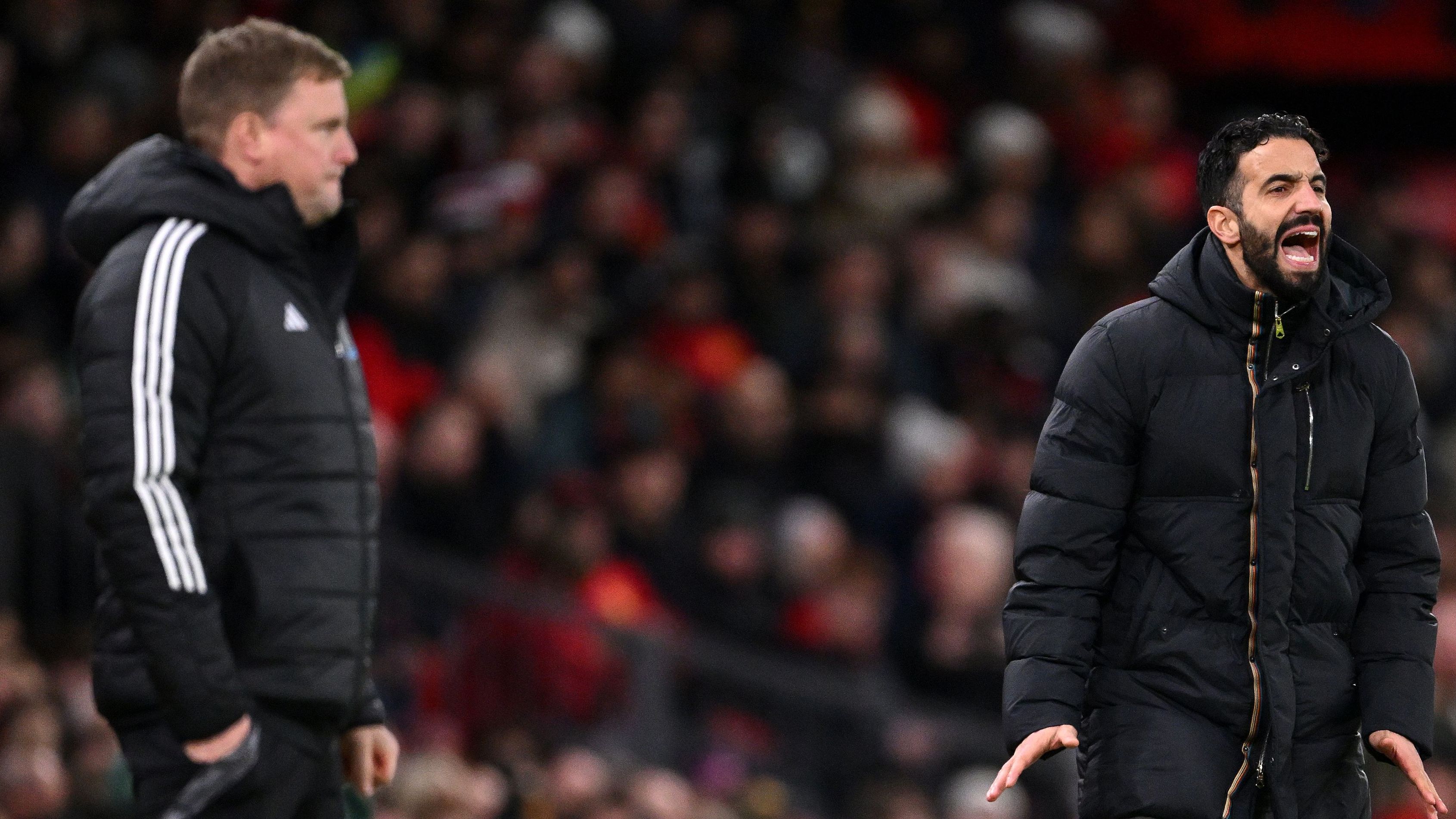


Premier League Upends Boxing Day Traditions with Single Match Spotlight
In a surprising twist to the Premier League‘s Boxing Day fixture list, just one high-profile game will grace the pitches this season, featuring Manchester United against Newcastle at Old Trafford. This bold shift disrupts decades of festive excitement, where fans typically cheer for all 20 teams on December 26, now redistributed to December 27 and 28 with seven and two matches respectively, highlighting the evolving demands of festive schedules in modern football.
Reasons Behind the Streamlined Festive Lineup
This departure from tradition stems from the Premier League‘s commitment to broadcast deals and calendar adjustments for the 2025-26 campaign. Announced on October 31, the Manchester United vs. Newcastle encounter stands as the sole UK-broadcast event on December 26, pushing the rest of matchweek 18 to the following days-a first in the league’s history that underscores the impact of weekday conflicts on beloved holiday rituals.
Historical Significance and Current Challenges
Once a cornerstone of the English football season, Boxing Day has long drawn massive crowds to stadiums across the country the morning after Christmas. Yet, for this year, the pared-down schedule arises from broadcasting necessities and the peculiarities of the current calendar, with December 26 landing on a Friday. Such factors have created a quieter holiday atmosphere for supporters, emphasizing how Premier League logistics and media agreements are reshaping fan experiences.
Official Statements and Future Promises
The league has openly recognized the disappointment, stating, “We appreciate the factors resulting in fewer games on Boxing Day this year, affecting a key element of English football.” They further assured fans that upcoming seasons will see a robust return of matches when the date aligns with a Saturday, reflecting a commitment to balancing tradition with operational realities.
Core Factors Influencing the Schedule Change
At the heart of this adjustment are the stipulations of the domestic TV contract, which mandates 33 weekend rounds and five midweek slots. Given that Boxing Day falls midweek this time, only one fixture fits the criteria, aimed at promoting equity and alleviating the intense fixture pile-up during winter months-a strategy akin to redistributing resources in a busy supply chain to avoid overload.
Broad Scheduling Complexities
The league’s announcement also touches on overarching fixture hurdles that delayed the full festive reveal. As noted, “We value the role of Boxing Day football for our audience, but coordination with events like the FA Cup and European competitions made a lighter lineup inevitable this season.” This illustrates the interconnected web of sports calendars, much like navigating a complex network of intersecting pathways.
Logistical Hurdles and Broadcast Dynamics
The choice to limit games to one on December 26 emerged from a mix of planning obstacles and media requirements. Initially, when the 2025-26 schedule dropped in June, all of Gameweek 18 was slated for December 27, sparking worries that the holiday’s essence might fade-concerns now confirmed with just the Manchester United clash isolated on the original date.
External Pressures and Internal Debates
A major contributor is the rigid framework of the Premier League‘s TV pact, ensuring 33 weekend and five midweek rounds without violating terms. Additionally, modifications to the FA Cup timetable, rolled out prior to 2024-25, reserve certain weekends solely for their events, squeezing the top division’s options and heightening the challenge of fitting everything in during peak times.
Club Feedback and Planning Issues
Privately, teams have expressed unease about these shifts, with reports indicating Manchester United flagged concerns regarding fixture timing, particularly around holidays when travel and personal plans intensify. This feedback highlights the broader effects on team logistics and supporter involvement, akin to adjusting a tightly scheduled event roster to accommodate unforeseen constraints.
Broader Implications for English Football
Amid the discontent, the Premier League assures that lower-tier competitions will proceed normally. The English Football League, covering the Championship and beyond, will uphold its full Boxing Day slate, safeguarding a vital aspect of the nation’s sports heritage and offering continuity for eager followers.
Looking Forward to Restoration
For Premier League enthusiasts adapting to this single fixture, the organization promises a more comprehensive setup next season when December 26 hits a Saturday, enabling multiple games and reviving classic vibes. Meanwhile, the spotlight on the United-Newcastle showdown is set to attract huge viewership as the lone top-tier attraction.
Ongoing Debates on Scheduling Evolution
Moving ahead, discussions persist around the Premier League‘s fixture challenges, driven by an increase to 270 televised games per season from the prior 200, signaling the commercial evolution of the sport. The existing broadcast agreement, extending to 2029, reignites talks about potentially ending the traditional “Saturday 3pm blackout,” which could fundamentally alter future festive schedules and the overall football landscape.
The Festive Schedule Reform in the Premier League
Overview of the Changes
The Premier League has made headlines with its latest festive schedule reform, designating a single fixture for December 26, 2025. This move marks a significant shift from the traditional packed holiday calendar, where multiple matches often overwhelmed fans and players alike. By spotlighting just one game-Manchester United vs. Newcastle-the league aims to enhance the festive football experience, making it more focused and fan-friendly. This reform addresses long-standing concerns about player welfare and viewer engagement during the busy holiday period.
Key elements of this reform include reducing the number of games to prevent fixture congestion, which has been a hot topic in Premier League discussions. For instance, the decision prioritizes quality over quantity, allowing fans to truly savor the excitement without the fatigue of back-to-back matches. If you’re a die-hard football enthusiast, this change could mean a more enjoyable way to celebrate the holidays with family and friends while tuning into top-tier action.
- Reduced fixture load: Only one match scheduled on December 26, easing the strain on players.
- Fan-focused scheduling: Aims to boost attendance and online viewership by avoiding clashes with other games.
- Potential for higher stakes: A sole fixture could elevate the drama, as all eyes will be on Manchester United vs. Newcastle.
Reasons Behind the Festive Schedule Reform
Premier League officials have pointed to several factors driving this reform, including the need to adapt to modern demands in professional football. With the growing emphasis on player health and recovery, especially during the intense winter months, scheduling just one fixture helps mitigate risks like injuries and burnout. This isn’t just about the athletes; it’s also about creating a more sustainable calendar that aligns with global viewing patterns.
Experts in sports management have long advocated for such changes, noting that the traditional festive pile-up often led to subpar performances and lower fan satisfaction. By reforming the schedule, the Premier League is responding to feedback from stakeholders, including clubs, players’ unions, and broadcasters. For Manchester United vs. Newcastle, this spotlight could translate into record-breaking viewership numbers, as fans worldwide tune in without distractions from simultaneous games.
- Player welfare improvements: Reduces the physical toll of playing multiple games in a short span.
- Enhanced broadcasting opportunities: A single match allows for in-depth coverage, potentially increasing ad revenue and global reach.
- Fan engagement strategies: Surveys suggest that focused events lead to higher interaction on social media and streaming platforms.
Details of the Manchester United vs. Newcastle Fixture
Diving deeper into the main event, the Manchester United vs. Newcastle clash on December 26 is set to be a centerpiece of the festive schedule. This fixture, taking place at Old Trafford, promises high-octane action with both teams vying for crucial points in the Premier League standings. Manchester United, known for their storied history and attacking flair, will face off against Newcastle’s resilient defense and counter-attacking style, making for a tactical showdown that could define the holiday season.
Kickoff is scheduled for the traditional Boxing Day slot, likely in the early afternoon to accommodate families and international audiences. If you’re planning to watch, keep an eye on live streams and official broadcasts, as this reform might introduce exclusive content like pre-match analyses or interactive fan polls. Historically, this rivalry has delivered memorable moments, from dramatic goals to last-minute twists, adding to the anticipation.
- Team highlights: Manchester United’s squad, featuring stars like their dynamic forwards, will look to exploit Newcastle’s vulnerabilities.
- Venue specifics: Old Trafford’s atmosphere is expected to be electric, with potential for sell-out crowds.
- Viewing options: Check for Premier League festive schedule updates on official apps or websites for the best ways to catch the action live.
Impact on Premier League Teams and Fans
This festive schedule reform isn’t just about one game; it’s reshaping how teams like Manchester United and Newcastle prepare for the season’s peak. For players, the reduced load means more time for rest and training, potentially leading to better performances in subsequent fixtures. Fans, on the other hand, benefit from a more concentrated focus, allowing them to immerse themselves in the drama without missing out on holiday traditions.
One interesting angle is how this affects betting and fantasy football communities. With only one Premier League match on December 26, predictions and discussions around Manchester United vs. Newcastle could surge, offering new opportunities for engagement. However, challenges remain, such as ensuring fair travel arrangements for away teams and maintaining competitive balance in the league table.
- Benefits for players: Extra recovery time could reduce injury rates, as highlighted in recent football health reports.
- Fan experience enhancements: Expect special promotions, like themed merchandise or virtual watch parties.
- Broader implications: This could influence future Premier League reforms, such as adjusting the entire festive calendar for better global appeal.
Historical Context and Rivalry Insights
To appreciate the Manchester United vs. Newcastle fixture fully, it’s worth exploring their rich history in the Premier League. These two clubs have clashed numerous times, with matches often remembered for intense battles and iconic goals. This reform elevates their December 26 encounter, turning it into a standalone event that could etch new chapters into their rivalry.
From a tactical perspective, Newcastle’s defensive solidity might clash with Manchester United’s creative playmaking, creating a fascinating contest. Fans often debate how past encounters influence current strategies, adding layers of excitement. If you’re a stats enthusiast, look for Premier League festive schedule data that tracks head-to-head records, which could predict outcomes based on historical trends.
- Key stats from past meetings: Manchester United has a slight edge in wins, but Newcastle has pulled off upsets in recent years.
- Rivalry evolution: This fixture highlights the Premier League’s competitive depth, showcasing teams from different eras and ambitions.
- Cultural significance: For many, this game embodies the spirit of English football during the holidays.
Future Implications for the Premier League Festive Schedule
Looking ahead, the decision to feature just one fixture like Manchester United vs. Newcastle on December 26 could set a precedent for ongoing reforms. League organizers are likely monitoring feedback to refine the schedule further, potentially incorporating more rest periods or themed events. This approach aligns with the Premier League’s commitment to innovation, ensuring that festive football remains a highlight without compromising quality.
If you’re interested in how this plays out, stay updated on Premier League announcements for more details on upcoming matches and reforms. The focus on a single game not only boosts visibility but also encourages deeper fan involvement, such as community discussions or fan polls.
- Potential long-term changes: Future festive schedules might include rotating the sole fixture among top teams.
- Analytics and adjustments: Data from this event could inform decisions on player rotations and broadcast strategies.
- Global fan considerations: Reforms aim to cater to international audiences, with optimized timings for different time zones.









